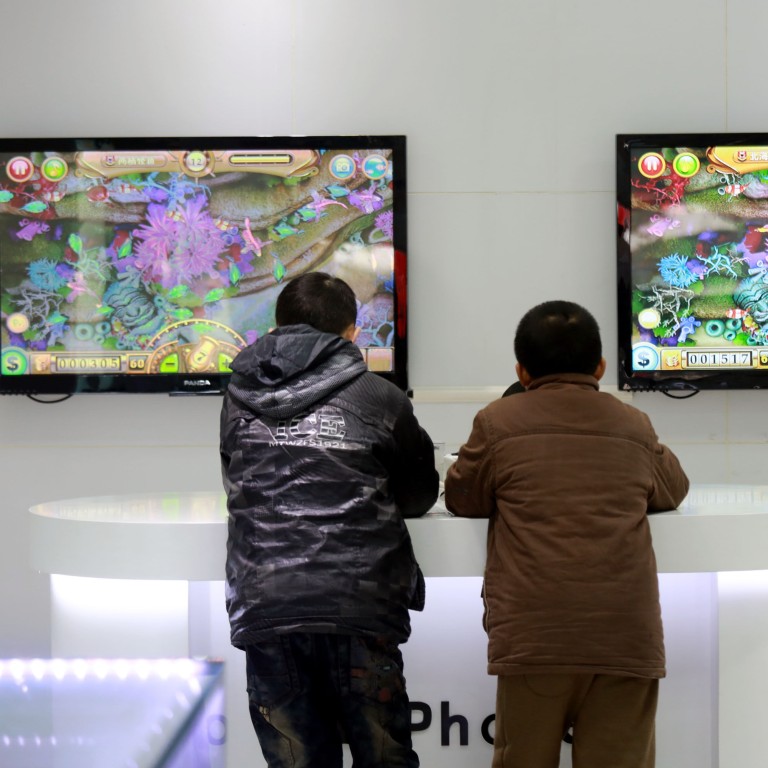
China gaming crackdown: increased speculation over extended freeze on new video game approvals weighs heavily on industry
- Regulator the National Press and Publication Administration has not published a list of approved new video games since July last year
- The licensing process has now been in limbo for about seven months, marking the longest freeze in approvals since a nine-month regulatory hiatus in 2018
“There has been no reliable news on the date of resumption,” said Liao Xuhua, a senior analyst at research firm Analysys International. “The reasons [behind the suspension] are said to be adjustments in content approval and processes, but there is no way to know what the final results will be.”
While the NPPA has continued to accept new video game licence applications, the regulator has still not made any official comment on the state of the process. Its last list of licensed games was released on July 22.
The NPPA used to approve dozens of video games developed by Chinese studios each month. It licensed 592 games in the first half of 2021. That was more than the 575 approved in the first half of 2020, but fewer than the 850 approvals in the same period in 2019.
“The market will have to make adjustments for a longer period of time,” Liao of Analysys said. “It is inevitable that there would be fewer mid-sized to small gaming companies to remain in business.”
Total video gaming revenue in mainland China was forecast to reach US$46.98 billion in 2021, which is around 1 per cent or US$460 million lower than the earlier prediction made by gaming sector-focused research firm Niko Partners. This marked the first time in 20 years that Niko Partners has cut its forecast for China, citing the freeze on new game approvals and increased regulation on young gamers as contributing factors.
The NPPA’s licensing freeze does not only affect the development of new video games in China, but also those for overseas markets, according to Ding Jiaqing, chief executive at Shanghai-based Senligames, a studio focused on the Southeast Asia market.
“This is a terrible situation because China-based game developers are forced to reduce their expenses and personnel for development, which may lead to a shortage of talent working on games for overseas markets,” Ding said.
“The government’s thinking on this [licensing freeze] is short-sighted,” Ding said. “They do not care about the positive cultural impact of Chinese games abroad and the expenses related to accumulating technical know-how for the metaverse.”

